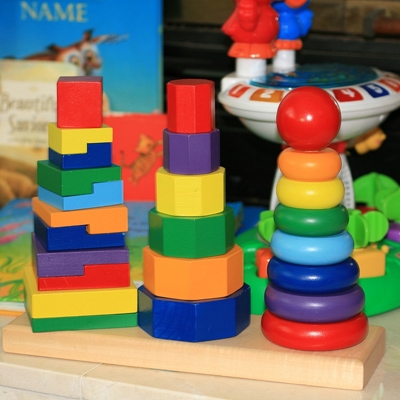Teaching Children to Ask for Help
Wouldn’t it be a wonderful world if everyone simply asked for help when they needed it? There are so many stigmas attached to asking for help. It is so hard for adults to accept when they need help that they suffer instead. People don’t need to struggle alone with mental health issues. There are professionals that can help. Students don’t need to struggle with learning issues. We live in a time of progressive special needs therapies and accommodations. Adults drown in debt before they might be willing to reach out for financial counseling.
I can’t help but wonder if resistance and feelings of fear & shame actually started when they were very young. In our quest to make our children or our students independent, are we forgetting to teach them that we are here to help?
In our preschools and at home, we should make “Come to me for help” one of the first strategies that we teach children. Too often, I hear teachers and parents tell their children to go and figure it out without saying, “And I am here to help.” As much as it is our job to teach our children to think and act independently, it is also our duty to teach them to accept assistance.
The next time you are with a child and there is a dilemma, be mindful in your advice and reactions. Pay attention to the words you use, your tone of voice and body language. Someday, that child might be an adult with a problem that seems so big that there seems to be no way out. Teach children from the time that they are very young that they can come to you and go to other trusted advisors. Keep in mind that the lesson can only be learned if:
You advise without judgment. When you judge and shame, children learn to keep their problems to themselves. Discuss with your children what they might have done instead without demeaning them. Remember that we all make mistakes and childhood is all about growing from them.
You are an example of accepting help. As with all other things, we have to act as we want our children to act. When I was a girl, my father would tell me not to smoke while he held a cigarette in his hand. It was hard to take that advice seriously. “Do what I say, not what I do” isn’t reality. You cannot expect your child who is struggling with anxiety to seek support when you never did. You cannot expect your child to accept extra help with school work if they’ve never seen you ask someone else to teach you something you didn’t know.
You respect the privacy of children. Children need to know that their private lives are not always being discussed among adults or being posted on social media. There should be no stigmas attached to needing help while, at the same time, we are all entitled to privacy. My children’s stories are their own to tell, not mine. I ask permission before posting about them or writing about them. Children who are growing up in a world where everyone knows everything about each other may end up being more afraid to seek help. We cannot control the judgment and gossip of others. We can merely ensure our children that their lives are their own to discuss or not.
Hillary Clinton popularised an African proverb when she said, “It takes a village to raise a child.” The truth is that it takes a village for all of us. I know that I don’t gather my own food, cure my own illnesses or even repair my own car. The willingness to reach to others for support should know no limits.

